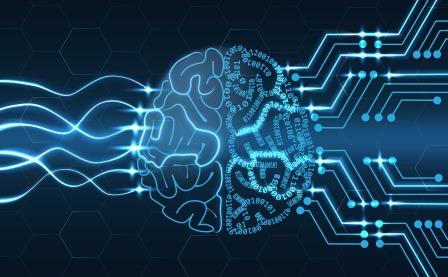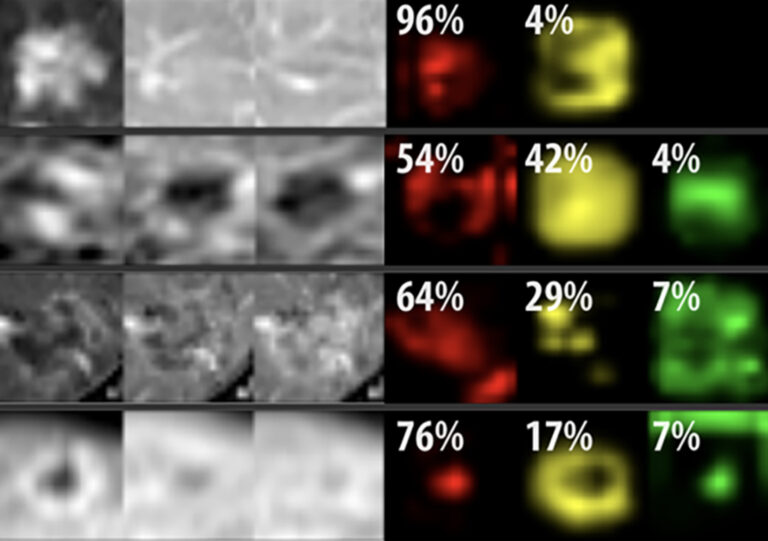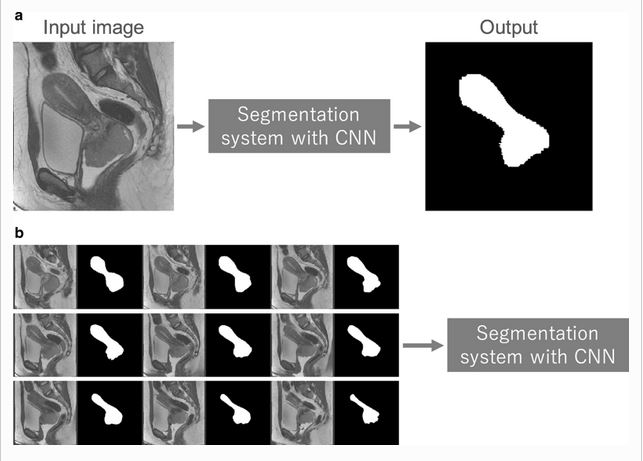
Radiation dose in pregnancy
Due to the high radiosensitivity of the fetus and embryo, diagnostic imaging procedures for pregnant patients raise health concerns. Therefore, the authors of this work set out to develop a methodology for automated construction of patient-specific computational phantoms based on actual patient CT images with the aim of achieving accurate estimate of conceptus dose. Key points The conceptus dose during












